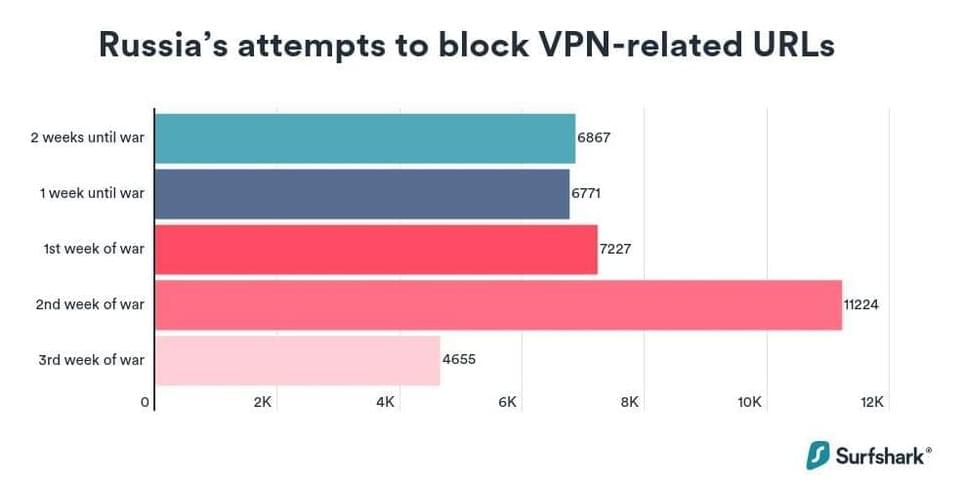Get in, we’re going to the threshold. Solar power is undoubtfully one of the most preferred renewable energy sources of the day. As the need for energy rises with the improving technology and the rising population, companies try to come up with the most efficient solutions that promise to meet the energy demand of the world.
Taiwan’s forthcoming Sun Rock could supply excess energy to the power grid
Taiwan’s government-owned power company, called Taipower, commissioned Sun Rock, with plans to use it as a visitor facility, in addition to a storage and maintenance center for renewable energy devices. But the most obvious and impressive feature of the forthcoming project is the facade, which will be almost totally smothered in solar panels (don’t worry, there will also be vents and windows to promote the natural exchange of light and air). But 1 million kWh is a lot — the U.S. government has found that an average household uses roughly 11,000 kWh annually, which will rise (because of course it will) before the Sun Rock is finished.
“The site for Taipower’s new facility receives a significant amount of solar exposure throughout the year, and so the rounded shape of Sun Rock is designed to maximize how much of that sunlight can be harnessed for energy,” said MVRDV in a New Atlas report. “The facade maximizes this solar potential with a series of pleats, which support photovoltaic panels (mixed in with windows, where required) on their upper surface. The angle of these pleats is adjusted on all parts of the facade to maximize the energy-generating potential of the solar panels.”







